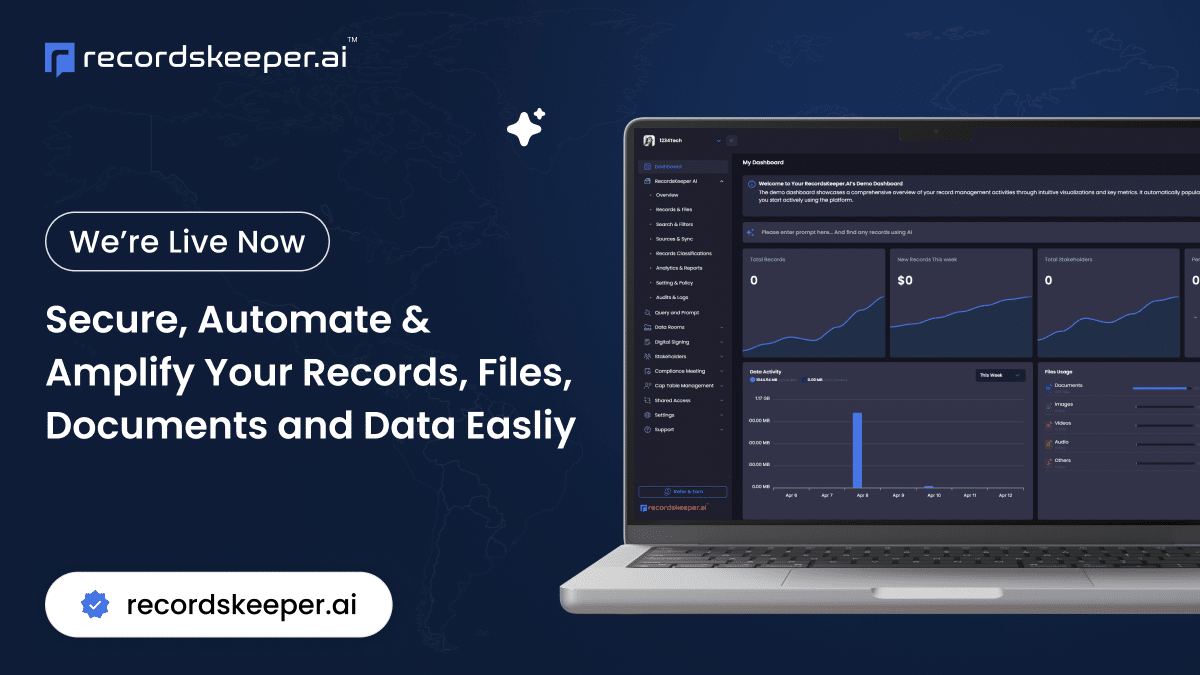Revolutionizing Public Procurement with Blockchain
Public procurement, the process by which government departments and agencies acquire goods, services, and works, is a critical function that impacts national economies and public welfare. However, it has traditionally been riddled with inefficiencies, corruption, and a lack of transparency. As someone deeply engaged with cutting-edge technologies, particularly through my work with RecordsKeeper.AI, I am excited about the potential of blockchain to transform this sphere.
Understanding the Challenge: A Landscape in Need of Transformation
Public procurement processes have often been criticized for being opaque. This lack of transparency can lead to duplicity, favoritism, and financial misconduct, thereby undermining public trust. Traditional methods of procurement involve multiple parties, extensive documentation, and often, a long and complex paper trail that complicates auditing processes.
Here is where blockchain technology shows its promise by offering a decentralized, transparent, and immutable ledger that can be harnessed to revamp and optimize procurement processes.
How Blockchain Introduces Transparency in Public Procurement
Blockchain, fundamentally, is a distributed ledger technology that securely records transactions across several computers so that the registered transactions can’t be altered retroactively. Here’s how it can promote transparency in public procurement:
1. Decentralization and Security
In a blockchain system, information is distributed across a network of computers, removing the need for a centralized authority. This decentralized approach ensures that the data can’t be tampered with by a single entity, greatly enhancing security and trustworthiness.
2. Transparency through Immutable Records
All the transactions on a blockchain are stored in blocks and chained together in an irreversible timeline. This feature provides a clear, unchangeable record of every transaction, which can be accessed by authorized users at any point. Transparency is thus made integral to the procurement process, allowing for real-time audits and the elimination of fraud.
3. Ensuring Fair Competition
Blockchain can facilitate more open and fair competition among suppliers by recording bids transparently. Every stakeholder can see the bid submissions, making it impossible to favor a particular bidder or to change bids once submitted. This eliminates the possibility of insider dealings.
4. Streamlining the Approval Process
Smart contracts—one of blockchain’s revolutionary applications—are self-executing contracts with the terms directly written into code. In public procurement, smart contracts can automate and streamline the approval process, ensuring that once conditions are met, agreements proceed without manual intervention, reducing the chances of wrongful delays or intervention.
Implementing Blockchain in Public Procurement: A Path Forward
The path to integrating blockchain into public procurement isn’t without its challenges. Here are a couple of strategies that can ease this transition:
The Ripple Effects: A Broader Impact
The implementation of blockchain in public procurement doesn’t just enhance transparency and efficiency; it also ripples out to broader economic and social benefits. By ensuring efficient use of public funds, there is likely more to invest in critical social programs. Moreover, increased trust in government processes can enhance citizen satisfaction and engagement.
Beyond public procurement, blockchain’s application spans various sectors—from banking to healthcare—wherever transparency, security, and efficiency are needed.
Conclusion: A Transformative Journey
Blockchain technology holds the promise of revolutionizing public procurement by making processes more transparent, accountable, and efficient. As I continue to explore the intersections of AI and blockchain through platforms like RecordsKeeper.AI, the potential for these technologies to reshape industries is both exciting and boundless.
I invite those interested in the intersection of technology and governance to explore more, experiment with pilot projects, and follow my journey to unravel solutions that navigate the complexities of record management, finance, and beyond. For governments willing to embrace change, blockchain isn’t just a tool—it’s a transformative catalyst. Let us break away from inefficient practices and usher in a new age of transparency and trust.








